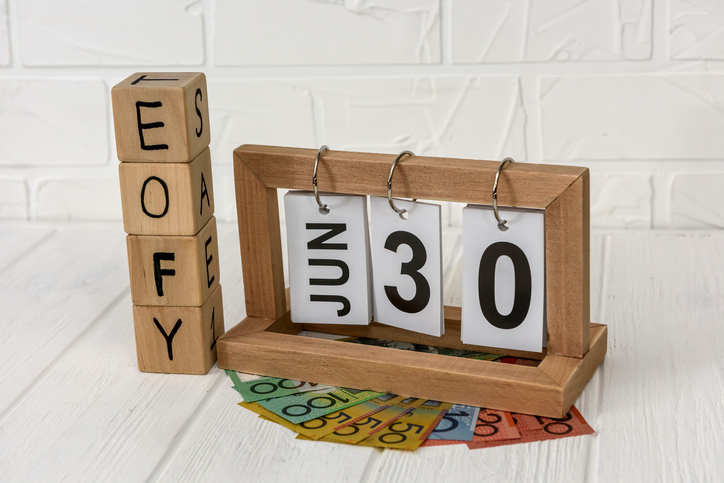With tax time just around the corner, here are my smart last minute tips to make the most out of the planning opportunities available at End of Financial Year.
Use the $30,000 instant asset write-off
If your retail business has some spare cash, it makes sense to take advantage of the $30,000 instant asset write-off. This allows you to claim an immediate tax deduction for all capital purchases costing less than $30,000, rather than depreciating the cost over several years, as used to happen.
Amongst the items you could look at claiming are the following:
- Cash registers and other POS devices
- Delivery vans
- Store fittings and fixtures
- Computers, laptops and tablets
- In store security systems
- Accounting software
From 2 April 2019, the allowance is available to all businesses with an aggregated turnover of less than $50 million, a big increase on the previous turnover threshold of $10 million, so thousands of extra businesses qualify for the tax break for the first time this year.
Defer income
If you’re about to send out a bunch of invoices to customers before the month end, consider holding off until next month. Any invoices you send out from 1 July will fall into the next financial year so you will effectively defer your tax liability on that income.
Prepay expenses
You can get an immediate tax deduction for certain pre-paid business expenses. The basic rule is that a deduction is available for expenses that cover a period of no more than 12 months. That covers expenses such as insurance premiums, telephone and internet services, rent or leasing charges on your business premises and bookings for business trips.
Write off bad debts
If your business has to write off a debt, a tax deduction is available for the amount of the debt written-off. A debt that is unpaid and deemed to be a bad debt is an allowable deduction provided it was included as assessable income in the current or a previous income year.
It makes sense to go through your debtors list and if there are any debtors on it who you believe can’t or won’t pay, write off those debts by 30 June to claim the deduction this year. The business must keep a written record to document that the debt has been written off.
Pay employee bonuses
If your retail business is looking to pay bonuses, put in place a properly executed bonus plan by 30 June to claim the deduction this year. Typically, a deduction will be available for employee bonuses if the expense has been incurred before the year-end, ie if the business has definitively committed itself to the payment (for example by passing a resolution) or has incurred a quantifiable legal liability to pay the bonus.
Pay superannuation
Employers have to pay superannuation contributions for within 28 days of the end of the quarter. Ensure that all June quarter superannuation contributions are paid by 30 June to accelerate the tax deduction. Note that contributions must be actually paid, cleared in the business bank account and received by the employee’s super fund before 30 June for a tax deduction to be available. Any other outstanding amounts should also be paid before year end.
Get the right trading stock valuation
Trading stock can be valued using different methods for taxation purposes, either at cost, market value or replacement value. The only requirement regarding changing methods is that the closing stock value at the end of one tax year must become the opening trading stock value for the next year. The provisions allow a choice to be made for each individual item of trading stock.
Changing the valuation method at year-end for tax purposes can either bring forward or defer an amount of taxable income so it pays to look closely at the method adopted.
Businesses with an aggregated turnover of less than $10m can also choose not to do a stock-take where the value of their trading stock has not changed, either up or down, by more than $5,000. In that case, include the same stock value at year-end as at the start of the year – that is as if not change had occurred.
Damaged and obsolete stock can be written down or written off entirely and a tax deduction claimed.
Get your records up to date…and keep them that way!
Obviously, if you keep up with your bookkeeping, you’ll make it easier to comply with your tax obligations. But beyond that, staying on top of your record keeping helps you to really understand how well you are doing as a business. So, keeping your books up to date and understanding what they are telling you can be the key to survival for small businesses.
If you don’t keep proper books, first of all you limit your capacity to claim deductions because all deductions need to substantiated. Secondly, you leave yourself open to audit by the ATO. If your business performance doesn’t stand up to scrutiny, the ATO will want to see your books and records and if you don’t have them, or they aren’t sufficiently clear and complete, you can expose your business to penalties if the ATO decide you’ve underpaid tax.

